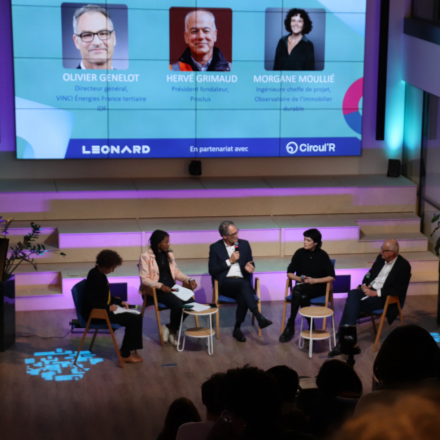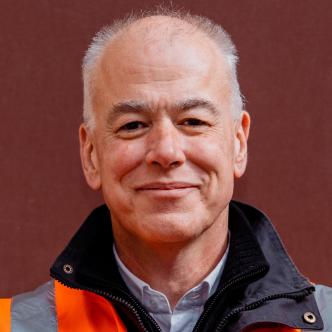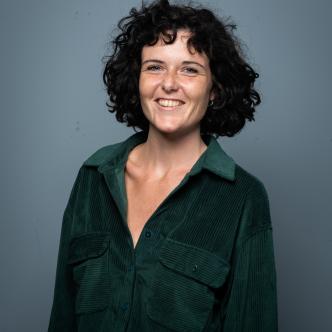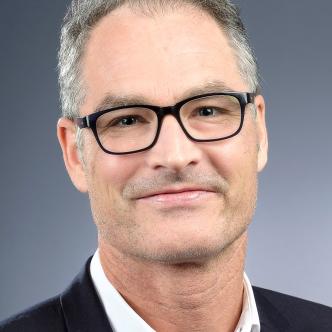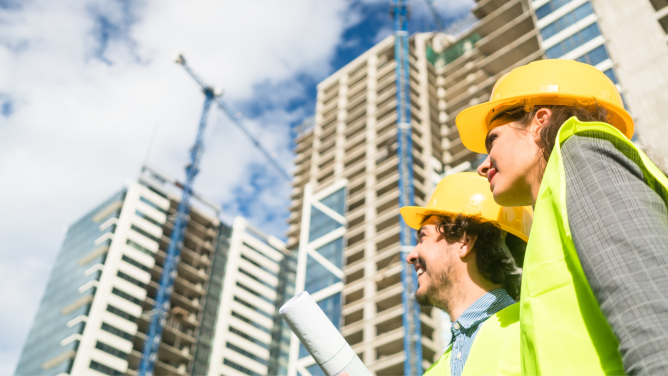How can we facilitate the transition to scale? This question was the common thread running through the discussions at Leonard between Claire Batbedat, Senior Consultant in Circular Economy at Circul’R, Olivier Genelot, Managing Director of VINCI Energies France tertiaire IDF, Hervé Grimaud, Founding Chairman of Proclus, Morgane Moullié-Chauvet, Project Manager for ‘Adaptation to Climate Change – Energy and Climate’ at the Observatoire de l’Immobilier Durable and Isabelle Spiegel, Director of the Environment and member of VINCI’s Executive Committee.
In 2023, 7.2% of the 100 billion tonnes of virgin natural resources consumed in the world were reintegrated into the economy”, explained Claire Batbedat, Senior Circular Economy Consultant at Circul’R, who presented a study co-signed with Leonard: “Circular Economy: the report for taking action” .
And that the circular model aims to respond to the deleterious effects of a linear economy based on extraction, production, consumption and waste, which generates an over-consumption of natural resources and polluting emissions that far exceed the Earth’s biocapacity. The scene is set: not only are 92.8% of materials used wasted, lost or simply unavailable for reuse, but the share of the circular economy has been falling every year since 2018, when it was just over 9%.
Construction and public works, the biggest consumer of global resources
In all sectors of activity, actions, often significant and even structuring, are being implemented to better design, purchase, reuse and recycle materials and equipment. Construction is no exception to the rule, and with good reason: “Half of the 100 billion tonnes of global resources consumed are used by the construction sector,” says Isabelle Spiegel, Director of the Environment and member of VINCI’s Executive Committee.
In December 2022, Hervé Grimaud founded Proclus, a company specialising in the re-use of technical electrical equipment, with a promising initial track record: 120 tonnes of equipment removed, 56 tonnes re-used and 1,200 tonnes of carbon emissions avoided. “Our ambition is to become the BackMarket for technical building equipment,” says Hervé Grimaud.
Lefort-Francheteau, a VINCI Energies Group company, has recently implemented a pilot scheme for collecting, listing and storing ventilation ducts in warehouses. The aim is to achieve profitability within three years. “Olivier Genelot, Managing Director of VINCI Energies France tertiary sector in the Ile-de-France region, notes: “Generally speaking, and on the strength of the experiments launched at Group level, we can hope that 100% of the technical batches that can be reused in a building will be part of a circular process within three years.
Overcoming obstacles throughout the value chain
“The solutions exist. The big challenge today is to scale up,” summed up Morgane Moullié-Chauvet, Head of the “Adaptation to Climate Change – Energy and Climate” project at the Observatoire de l’Immobilier Durable. Acceleration presupposes that we can overcome a number of obstacles along the entire property value chain. Atomisation of resources, systemic inertia due to a lack of a sectoral effect, the proliferation and complexity of standards and certifications, and a lack of certainty about materials: these are all obstacles that are repeatedly pointed out by manufacturers and building owners.
“We need to educate and build trust. It’s difficult, for example, to get people to accept that reused equipment is more expensive than new”, noted Hervé Grimaud. For Olivier Genelot, however, the economic equation should not be used as a deterrent. “As long as we haven’t industrialised the model and are only at the prototype stage, prices are inevitably high. Today, a reused cable tray inevitably costs more than a new one. What we need to consider is the long-term cost, in all its structural and social dimensions.
Raising awareness, organizing the sector, ensuring cohesion between actions… Accelerating the circular economy in the building industry requires an all-out dynamic. “Action is underway. And there’s no good excuse for not taking action. What we need to do now is to pool all the sources of good energy in order to make the transition to scale a reality”, concluded Isabelle Spiegel.
